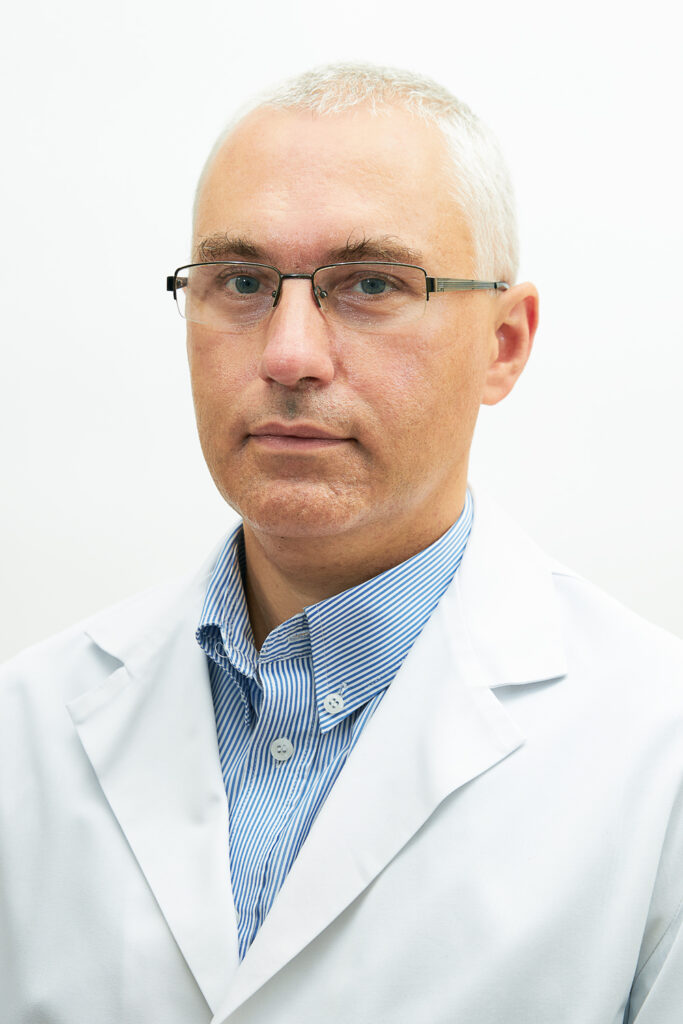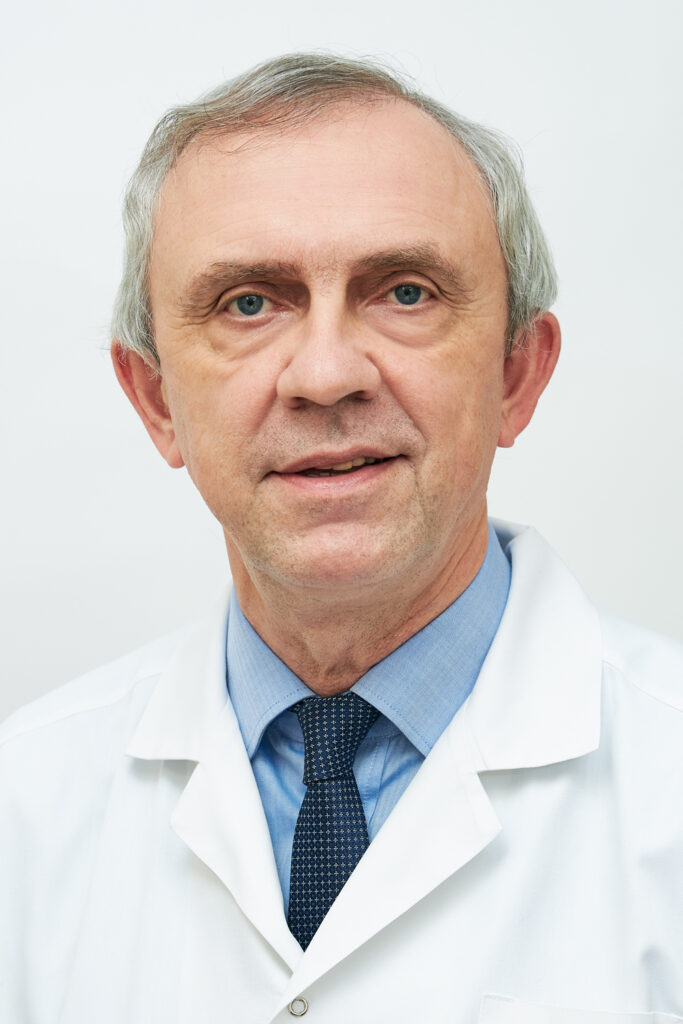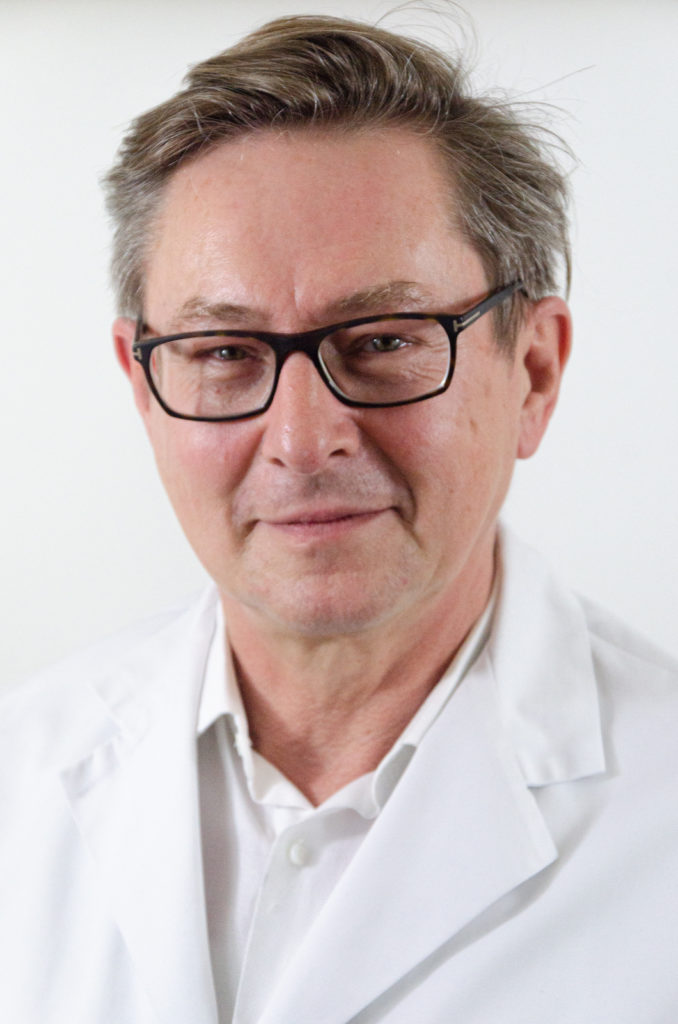Our psychologist will adjust the form of therapy to the individual needs of the person requesting the consultation. At the Clinic of the Polish Gastroenterology Foundation, we care about comfort and discretion so that the patient has the opportunity to see a psychologist and can decide on further cooperation.
Badania i zabiegi
Gastroscopy
Gastroscopy is an endoscopic examination of the upper gastrointestinal tract, ie the esophagus, stomach and duodenum. It allows for accurate diagnostics as well as therapeutic action including, among others, removing a foreign body, polyps or stopping bleeding. The examination is safe, painless and short. Diagnostics is performed using a gastroscope, i.e. a flexible probe equipped with a vision track. This allows the doctor to accurately assess the image displayed on the monitor. This enables the direct assessment of the mucosa, taking specimens for histopathological examinations and for assessing the presence of Helicobacter pylori , the so-called urease test.
Indications
Diagnostic gastroscopy is recommended for:- abdominal pain, belching, flatulence, heartburn and so-called dyspeptic symptoms,
- suspected gastric or duodenal ulcer,
- suspected cancer,
- swallowing difficulties,
- weight loss, anemia,
- suspected or presence of gastrointestinal bleeding,
- suspected drug-induced damage to the mucosa of the upper gastrointestinal tract in long-term patients using non-steroidal anti-inflammatory drugs,
- and as a prophylactic examination in patients with an increased risk of cancer development (people with long-term gastroesophageal reflux disease, with Barrett's esophagus, with pernicious anemia in the course of atrophic gastritis, after gastric resection).
Preparation for gastroscopy
- On the day of the examination, for at least 6 hours until the examination is performed, please refrain from consuming any meals and drinking fluids. The patient must be fasting.
- People with diseases that require constant, regular medication (e.g. hypertension, heart disease, epilepsy, etc.) on the day of the examination should take the morning dose of the drug with a little water.
- People suffering from diabetes should consult a doctor on how to prepare for the test and inform about diabetes on the registration of our center.
- People taking medications that reduce blood clotting (e.g. acenocoumarol, sintrom, ticlide, plavix or aspirin, acard, acesan and others) should inform the doctor performing the test.
- Pregnant women and breastfeeding mothers should consult a doctor on how to prepare for the test.







